Zinc Electron
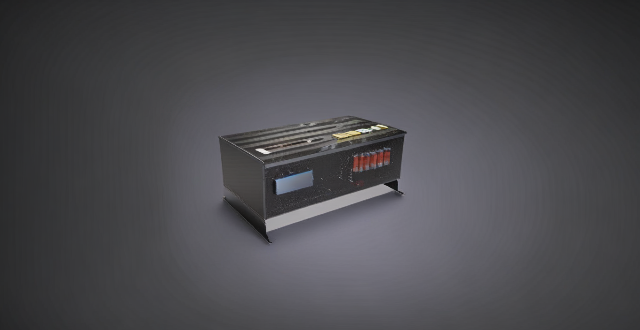
How do zinc-carbon batteries work ?
Zinc-carbon batteries are primary, single-use batteries that generate electricity through a chemical reaction involving zinc and carbon. Their construction includes an anode of zinc, a cathode of manganese dioxide mixed with carbon, an electrolyte, a separator, and a container. When in use, zinc is oxidized at the anode, releasing electrons and zinc ions, while the cathode accepts electrons and reduces manganese dioxide. This flow of electrons creates an electrical current. Over time, the battery discharges as the materials are used up, requiring replacement. Proper disposal is crucial to prevent environmental pollution from their heavy metal components.
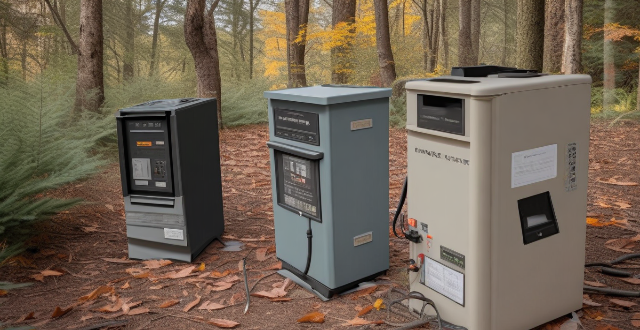
Are zinc-carbon batteries safe to use ?
Zinc-carbon batteries are a common type of battery used in many household devices, such as flashlights, remote controls, and toys. While they are generally safe to use, there are some precautions that should be taken to ensure their proper handling and disposal. These include avoiding short circuits by keeping the terminals from touching each other or any metal objects, storing them in a cool, dry place away from extreme temperatures and out of reach of children and pets, and disposing of them properly at a recycling center or store that accepts used batteries. Despite these precautions, zinc-carbon batteries offer several benefits, including being cost-effective, widely available, and having a long shelf life.
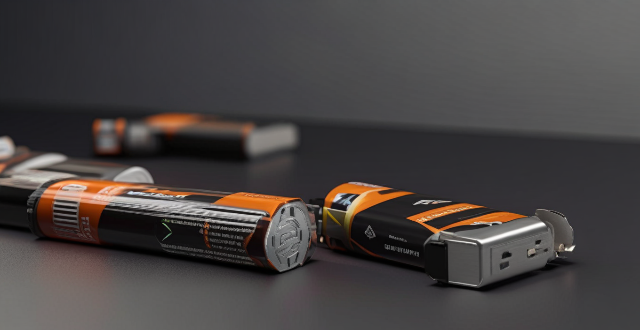
How long do zinc-carbon batteries last ?
Zinc-carbon batteries are a type of primary battery that has been widely used since the late 19th century. They are known for their reliability, low cost, and ability to provide a steady voltage output over time. However, like all batteries, zinc-carbon batteries have a finite lifespan, which depends on several factors such as battery quality, device requirements, discharge rate, and environmental conditions. To maximize their longevity, it is recommended to store them properly, use high-quality batteries, rotate batteries in devices that require multiple batteries, and avoid draining them completely.
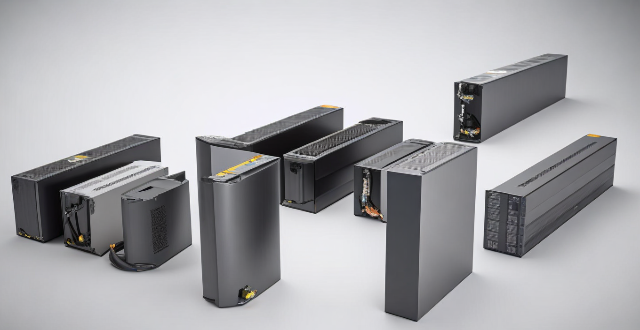
How much energy does a zinc-carbon battery produce ?
The energy production of a zinc-carbon battery is determined by factors such as its size, voltage, and capacity. The process involves a chemical reaction between zinc and manganese dioxide, where larger batteries typically yield higher energy output due to more reacting material. The nominal voltage of a standard zinc-carbon battery stands at 1.5 volts, and the total energy can be calculated by multiplying this voltage with the current over time. Capacity, measured in ampere-hours (Ah), represents the maximum charge a battery can deliver. For instance, an AA-sized zinc-carbon battery with a 0.8 Ah capacity can produce approximately 1.2 watt-hours or 0.0012 kilowatt-hours of energy under ideal conditions.

Are there any specific safety precautions to follow when using zinc-carbon batteries ?
Zinc-carbon batteries, widely used in various applications, require certain safety precautions to prevent damage and injury. These include avoiding short circuiting, proper storage in cool, dry places, keeping them away from children and pets, disposing of them properly, using appropriate battery holders, inspecting regularly for damage, following manufacturer's instructions, not mixing different battery types, replacing all at once if needed, handling with care, and consulting professionals if unsure. By adhering to these guidelines, one can ensure the safe and efficient use of zinc-carbon batteries.
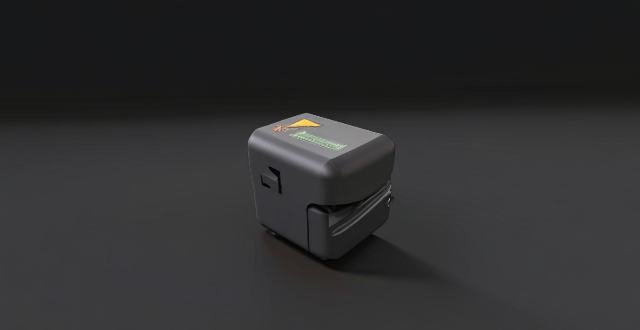
Can zinc-carbon batteries be recharged ?
Zinc-carbon batteries, commonly used in devices like flashlights and radios, are not designed to be recharged due to their chemical composition and physical structure. Attempting to recharge them can lead to safety risks and efficiency issues. Alternatives like nickel-metal hydride and lithium-ion batteries offer better performance and environmental benefits.

What are the advantages of zinc-carbon batteries ?
Zinc-carbon batteries are primary batteries used in devices like flashlights, radios, and remote controls. They offer several advantages: 1. Low Cost: Affordable and ideal for devices requiring frequent battery replacements. 2. Long Shelf Life: Can be stored for extended periods without losing charge. 3. Wide Availability: Easy to find in various sizes and formats. 4. Environmental Impact: Recyclable, reducing environmental impact compared to disposable alkaline batteries. 5. Versatility: Suitable for a wide range of low-power applications. 6. Leak Resistance: Less prone to leakage than other types of batteries. 7. Safety: Poses a lower risk of explosion or fire compared to lithium-ion batteries.
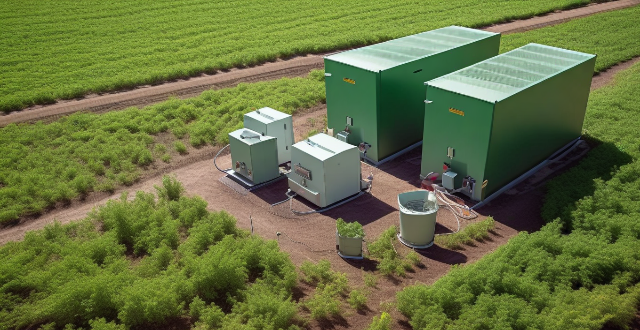
What are the differences between zinc-carbon and alkaline batteries ?
Zinc-carbon and alkaline batteries differ in terms of chemical composition, energy density, discharge rate, leakage risk, and cost. Zinc-carbon batteries have a lower energy density and discharge rate but are cheaper and have a lower risk of leakage. Alkaline batteries offer higher energy density, discharge rate, and better performance for high-drain devices but are more expensive and have a higher risk of leakage. The choice between the two depends on the specific needs of the device and budget constraints.
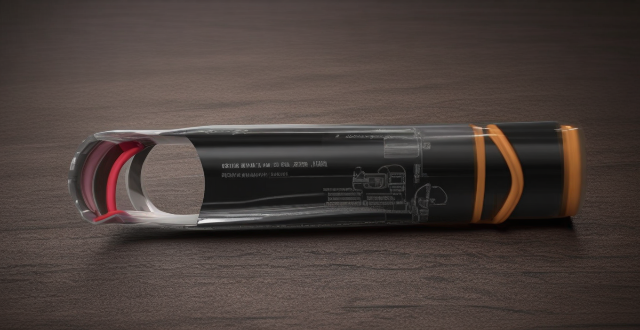
Can zinc-carbon batteries be used in all types of devices ?
Zinc-carbon batteries are versatile but not universally applicable due to voltage, current, chemical compatibility, and physical size constraints.
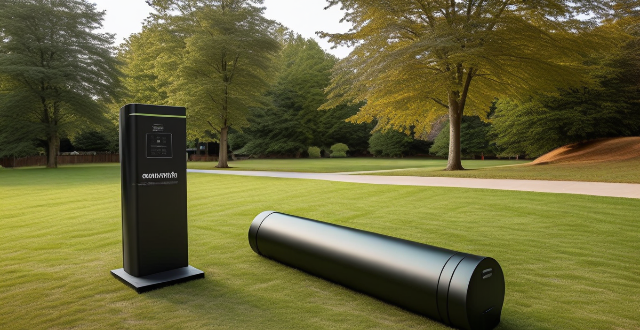
Are there any environmental concerns with the disposal of zinc-carbon batteries ?
Zinc-carbon batteries, widely used in everyday devices, pose significant environmental concerns due to the presence of hazardous materials and disposal challenges. To mitigate these concerns, it is recommended to educate the public, improve recycling infrastructure, and support research and development of alternative battery technologies.

Are there any new developments in non-toxic, environmentally friendly batteries ?
The development of non-toxic and environmentally friendly batteries is a crucial step towards sustainable energy storage solutions. These advancements not only reduce the environmental impact of battery production and disposal but also promote cleaner technologies for various applications, from electric vehicles to renewable energy storage systems. Below are some notable recent developments in this field: Solid-state batteries promise higher energy densities than traditional lithium-ion batteries, allowing for longer usage times and smaller form factors. The absence of liquid electrolytes reduces the risk of leakage or combustion, making these batteries safer than their liquid counterparts. Solid-state batteries can potentially last longer and withstand more charge cycles than conventional batteries. Organic radical polymer batteries are made from organic materials, which are less harmful to the environment than those containing heavy metals. Many components of organic radical polymer batteries can biodegrade, reducing waste at the end of their life cycle. The use of organic materials could lead to lower production costs compared to batteries that require rare or expensive metals. Rechargeable aluminum batteries are abundant and recyclable, making them an attractive alternative to rarer metals like cobalt and lithium. Aluminum batteries demonstrate stable performance over multiple charge cycles. They could be suitable for high-power applications such as electric vehicles. Sodium-ion batteries have resources that are much more abundant than lithium, which could make sodium-ion batteries a cost-effective solution. Unlike lithium, sodium does not present the same thermal runaway risks, enhancing overall safety. Sodium-ion batteries are considered more environmentally friendly due to their non-toxic nature and easier recycling process. Zinc-air batteries are made from eco-friendly materials and have a high energy density, making them suitable for applications requiring long-lasting power sources. Zinc is inexpensive and widely available, which could reduce the overall cost of these batteries. In conclusion, as technology advances, the development of non-toxic and environmentally friendly batteries continues to gain momentum. From solid-state innovations to organic radical polymers and beyond, researchers are working on solutions that aim to minimize environmental impact while maximizing performance and safety. These advancements hold great promise for a future where our energy storage needs are met without compromising the health of our planet.

What companies are leading the way in commercial spaceflight ?
Commercial spaceflight is a growing industry with several key players, including SpaceX, Blue Origin, Virgin Galactic, Boeing, and Rocket Lab. Each company has its own mission and achievements, ranging from successful launches and landings of rockets to developing new spacecraft for future missions. These companies are leading the way in advancing humanity's exploration and utilization of space.

Can you suggest any affordable skincare products loved by celebrities ?
The article discusses affordable skincare products that are loved by celebrities, including Neutrogena Hydro Boost Water Gel, Cetaphil Gentle Skin Cleanser, The Ordinary Niacinamide 10% + Zinc 1%, and La Roche-Posay Effaclar Duo Acne Treatment. These products offer benefits such as intense hydration, gentle cleansing, reducing inflammation, and targeting acne without breaking the bank.

What are the recommended daily allowances of vitamins and minerals for women ?
Vitamins and minerals are crucial for maintaining good health, and women have specific nutritional needs. The recommended daily allowances (RDA) of vitamins and minerals for adult women include various amounts of vitamins A, C, D, E, K, B-complex vitamins, and minerals such as calcium, iron, magnesium, phosphorus, potassium, zinc, copper, manganese, selenium, iodine, chromium, molybdenum, fluoride, and boron. These values are based on the average requirements of healthy adult women but may differ based on factors such as pregnancy, breastfeeding, age, and overall health. It's best to consult with a healthcare professional or registered dietitian to determine individual nutrient needs.

How do hydrogen fuel cells work and are they a practical alternative energy source ?
Hydrogen fuel cells are devices that convert the chemical energy of hydrogen into electricity. They consist of an anode, cathode, electrolyte, and external circuit. The process involves splitting hydrogen into protons and electrons at the anode, moving protons through the electrolyte, moving electrons through the external circuit, combining protons and electrons with oxygen at the cathode to form water, and producing heat. Hydrogen fuel cells are renewable, have high energy density, zero emissions, and versatile applications. However, they face challenges such as high cost, limited infrastructure, and safety concerns.

What role do nanomaterials play in modern battery innovation ?
Nanomaterials are revolutionizing battery technology by enhancing performance, increasing energy density, and improving safety. These materials have unique properties such as high surface area, electrical conductivity, and chemical reactivity that make them ideal for use in batteries. Nanomaterials can increase energy density, improve charging and discharging rates, extend the lifespan of batteries, enhance safety, and reduce environmental impact. With ongoing research, it is likely that we will see even more exciting developments in the world of batteries thanks to the unique properties of nanomaterials.

What are some real-world applications of blockchain technology ?
Blockchain technology is being used in various industries to provide secure, decentralized, and transparent solutions. In finance and banking, it is used for cryptocurrencies, payment processing, and smart contracts. In supply chain management, it is used for tracking and traceability, inventory management, and logistics optimization. In healthcare, it is used for medical records management, drug traceability and anti-counterfeiting, and research data sharing. In government and public sector, it is used for voting systems, digital identity management, and land registry. In energy and utilities, it is used for renewable energy trading and smart grid management.

What is the difference between sports nutrition supplements and regular multivitamins ?
Sports nutrition supplements are designed for athletes and those who engage in regular physical activities, aiming to improve performance, increase muscle strength, and support recovery. Common ingredients include protein, creatine, beta-alanine, BCAAs, and caffeine. In contrast, regular multivitamins cater to the general population, focusing on maintaining overall health by filling nutrient gaps. Typical ingredients are vitamins A, C, D, E, K, B-complex, minerals like calcium, iron, zinc, magnesium, and trace elements. The benefits of sports nutrition supplements revolve around enhanced athletic performance, while regular multivitamins promote immune function, nutrient intake, and general well-being.

How can I improve my diet to boost my immune system ?
Improving your diet is one of the best ways to boost your immune system. Here are some tips on how you can do that: ## Eat a Variety of Foods Eating a variety of foods ensures that you get all the essential nutrients your body needs. This includes fruits, vegetables, whole grains, lean proteins, and healthy fats. Aim for at least five servings of fruits and vegetables per day. ### Fruits and Vegetables - Apples - Bananas - Berries - Broccoli - Carrots - Spinach ### Whole Grains - Oats - Quinoa - Brown Rice ### Lean Proteins - Chicken breast - Fish (such as salmon or tuna) - Legumes (such as lentils or chickpeas) ### Healthy Fats - Avocados - Nuts (such as almonds or walnuts) - Seeds (such as chia or flaxseed) ## Stay Hydrated Drinking enough water is crucial for maintaining a healthy immune system. Aim for at least eight glasses of water per day, and more if you're active or it's hot outside. You can also stay hydrated by drinking herbal teas or eating water-rich foods like cucumbers, melons, and strawberries. ## Limit Processed Foods and Sugary Drinks Processed foods and sugary drinks can weaken your immune system by causing inflammation in your body. Try to limit these foods and drinks as much as possible, and opt for whole, nutrient-dense foods instead. ## Consider Taking Supplements If you're not getting enough vitamins and minerals from your diet, consider taking supplements. Some common supplements that may help boost your immune system include vitamin C, vitamin D, zinc, and probiotics. However, be sure to talk to your doctor before starting any new supplements.

Is it true that certain superfoods can boost your immune system ?
Incorporating superfoods like citrus fruits, garlic, ginger, spinach, yogurt, nuts and seeds, blueberries, and turmeric into your diet can help support immune health by providing key nutrients such as vitamin C, vitamin D, zinc, protein, and antioxidants. These foods offer a range of benefits including boosting white blood cell production, reducing inflammation, supporting digestive health, and protecting against oxidative stress. However, it's important to maintain a balanced diet and lifestyle for overall immune support.